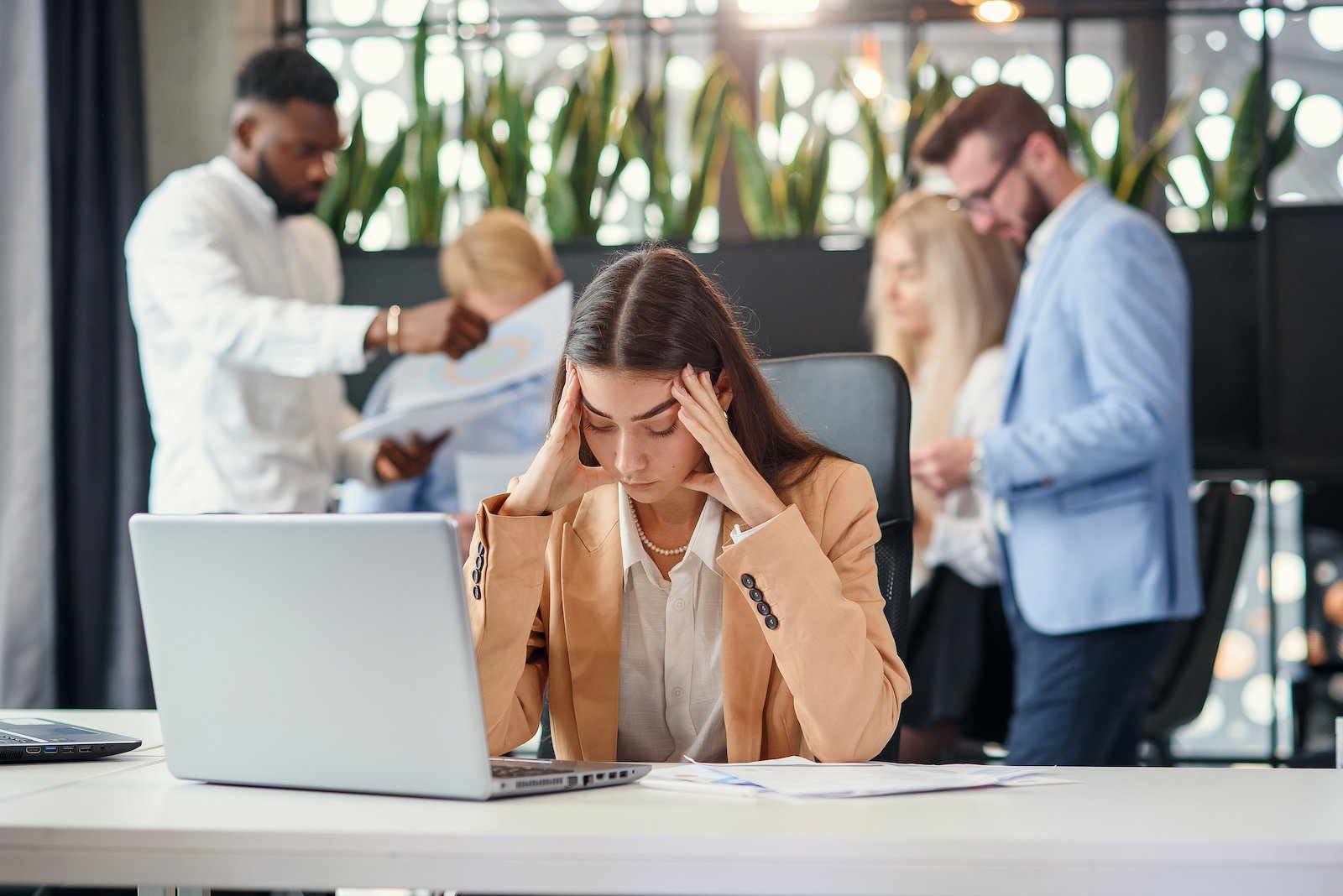According to a 2021 report by the National Institute of Mental Health, one out of five Americans are dealing with some form of mental illness. Various habits can significantly impact mental well-being, either positively or negatively.
Join us as we explore the worst habits that can harm your mental health and provide remedies to combat them. Understanding and addressing these habits can help improve mental health and overall quality of life. Let’s delve into these habits and discover practical tips to foster a healthier mind.
Procrastinating

People often delay a pre-scheduled task because it seems boring, stressful, or difficult. If procrastination becomes a regular habit, it increases stress and anxiety. The confidence of being able to finish it later may result in underperformance and failure.
Recommendation: Break tasks into smaller, manageable steps and create a schedule to avoid last-minute rushes.
Perfectionist Mentality

Perfectionism is often applauded as a remarkable personality trait, but as a habit, it can lead to chronic stress and dissatisfaction. Thomas Curran, Associate Professor at the London School of Economics, states some important observations in his famous work The Perfection Trap. According to his research, perfectionism can forcibly change one’s personality by blurring the line between expectations and reality.
Recommendation: Accept that perfection is unattainable and focus on progress rather than perfection. Celebrate small achievements and learn from mistakes.
Lack of Regular Excercise

The World Health Organization recommends mandatory levels of exercise for all age groups. Unfortunately, only 21.1% of Americans regularly engaged in sports and physical activity in 2023. Exercise releases endorphins, boosting mood, but the lack of it can be detrimental to both physical and mental health.
Recommendation: To enhance mental health, add physical activity into your routine, such as yoga, walking or any enjoyable exercise.
Photographing Every Moment

With the popularity of social media platforms, young Americans are obsessed with capturing every minute of their life. In the United States, 28.3% of Instagram users are aged 25-34, while 26.5% of users are even younger. Constantly focusing on taking pictures for social media can detract from fully experiencing and enjoying the present moment. Research indicates that overemphasis on capturing images can interfere with memory retention and lead to increased stress and anxiety.
Recommendation: Try to immerse yourself in the moment rather than focusing on capturing it for later.
Multi-tasking

People who multitask are generally glorified as being more proactive. However, the pressure of finishing multiple tasks simultaneously can increase stress, as the American Psychological Association has discussed. Constantly switching tasks fragments attention, making it harder to focus and complete tasks efficiently.
Recommendation: Prioritize single-tasking by focusing on one task at a time. Use techniques like time-blocking to manage tasks efficiently and take regular breaks to maintain mental clarity and reduce stress.
Fear of Failure

The fear of failure can damage mental health by fostering anxiety, low self-esteem, and chronic stress. It may lead to avoidance behaviors and prevent individuals from pursuing opportunities, resulting in stagnation and a lack of personal growth.
Recommendation Focus on the present and set achievable goals for the future to break this habit. Practice self-compassion and challenge negative thoughts by replacing them with positive affirmations.
Disproportionate Social Life

Balancing social interactions and personal time is crucial for mental health. While too much isolation can lead to loneliness and depression, excessive socializing can cause stress and burnout. Constant social engagements can limit time for self-reflection and personal growth, disrupting mental well-being.
Recommendation: Find a healthy balance by making time for both social activities and personal downtime. Ensure your social interactions are supportive rather than overwhelming.
Social Media Addiction & Comparison

Overuse of social media can contribute to feelings of inadequacy and anxiety. Research shows that around 34% of adult social media users in America felt very or somewhat negative due to online interactions. Moreover, the obsessive urge to follow others’ life updates can foster an unhealthy tendency of constant comparisons.
Recommendation: Limit social media usage, take breaks, and focus on real-life interactions to foster healthier mental habits. Focus on your strengths and accomplishments rather than comparing yourself to others.
Excessive Screen Time

As per the 2023 Connected Consumer Survey by Deloitte, 53% of American adults struggle to manage their daily screen time. Consuming digital content, playing video games, or scrolling aimlessly for hours can contribute to eye strain, disrupted sleep, and reduced physical activity. It can also harm mental health, leading to feelings of isolation, anxiety, and depression.
Recommendation: Make time for activities that bring joy and relaxation, whether it is reading, taking a bath, or spending time in nature, rather than being glued to screens.
Not Setting Boundaries

Establishing clear boundaries in both personal and professional relationships is crucial for maintaining mental health. Constantly putting others’ needs, irrespective of feasibility, can cause stress and burnout. People with a habit of co-dependency often find themselves in toxic relationship dynamics that destroy mental health.
Recommendation: Learn to say no and prioritize your needs. Avoid exploitative people and situations.
Unhealthy Sleep Schedule

Poor sleep hygiene can wreak havoc on mental health. On the other hand, purposefully delaying sleep, commonly known as revenge bedtime procrastination, leaves long-term effects on both body and mind.
Recommendation: Establish a regular sleep schedule, create a restful environment, and limit screen time before bed.
Living in Clutter

Living in a cluttered environment and living a chaotic lifestyle can increase stress levels. Dr. Joseph Ferrari of DePaul University explains thoroughly how cluttered and disorganized spaces can affect mental health. Not only the physical living space but also digital clutter can cause irritability.
Recommendation: Start decluttering regularly, even if you organize one or two things at a time.
Unhealthy Eating Habits

Consuming an unhealthy diet can affect mental health.Diets with high content of sugar and processed foods can significantly contribute to mood disorders. Research shows that people following traditional diets like Mediterranean or Japanese have 25-35% fewer risks of depression than Western diet followers.
Recommendation: To improve mental well-being, opt for a balanced diet that includes fruits, vegetables, whole grains, and lean proteins.


